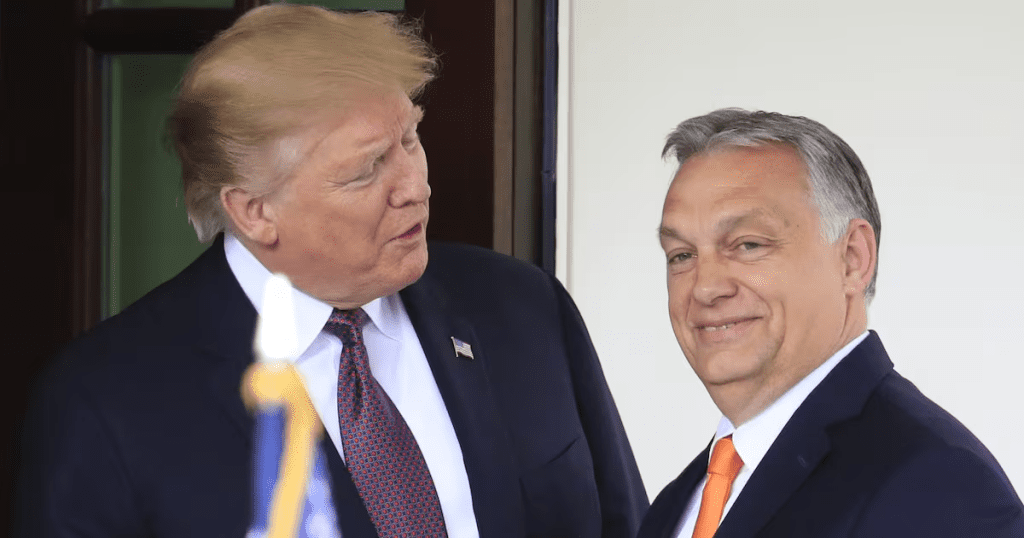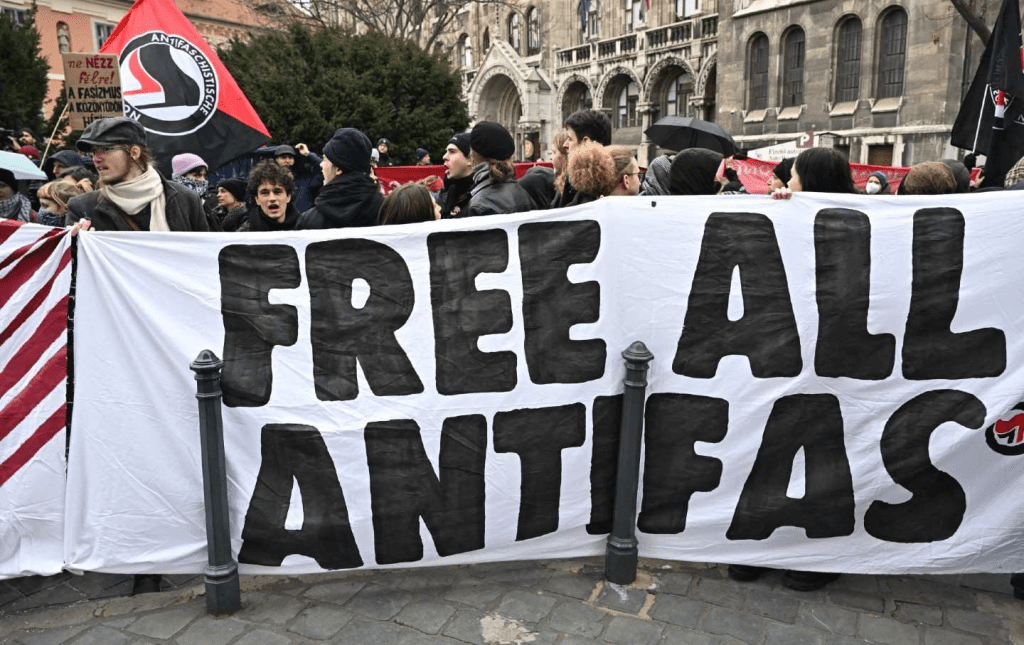Viktor Orbán Pushes to Label Antifa as Terror Group While EU Moves to Strip Immunity of Italian MEP
Hungary’s Prime Minister Viktor Orbán has officially announced that his government will designate Antifa—a loosely connected network of anti-fascist activists—as a terrorist organisation. The declaration, made on September 19, 2025, during an interview on state radio, indicates Hungary will follow the recent U.S. move under Donald Trump to treat Antifa as a major terrorist group. Despite Antifa being more of an ideology than a central organisation, Orbán said the time has come in Hungary to classify it under that status. He cited a 2023 incident in Budapest, where people identifying with Antifa allegedly assaulted individuals at a far-right gathering. One of those arrested was Italian activist Ilaria Salis, who spent over a year in detention, later moved to house arrest, and eventually won a seat in the European Parliament—gaining legal immunity in the process. Orbán has sharply criticised her being released and then elected.

Meanwhile in Brussels, the European Parliament’s Legal Affairs Committee (known as JURI) is scheduled to meet on September 23, 2025, to consider Hungary’s request to waive Ilaria Salis’s immunity so she can be tried in Hungary on the assault charges. If the committee recommends lifting immunity, the matter will go to a plenary vote of the European Parliament. That plenary vote is expected around October 7, 2025. In June 2025, a previous attempt to vote on lifting her immunity was postponed—JURI delayed it, so the issue was pushed back for later. Though Orbán’s government seeks an 11-year prison sentence for Salis, her defenders argue she has been granted immunity under European Parliament law, and they raise concerns about fair trial conditions in Hungary.

What’s new is how quickly things are unfolding: the designation of Antifa as a terrorist organisation is not yet a law in Hungary—it is a government announcement and promise. And the legal process for removing Salis’s immunity is now scheduled and firm: the JURI committee will deliberate on September 23, then the full Parliament will vote in early October. The charges against Salis are serious under Hungarian law—criminal assault, with a possible 11-year term. But parties inside the Parliament are divided: conservatives and right-wing groups tend to support lifting immunity, while left and liberal groups warn about political motives and whether Hungary’s judicial system will be impartial.
For many people watching, the move raises questions: Is this about public safety, or is it more about political symbolism and control? Orbán has often used such moves to strengthen his base at home, especially among those concerned about “left-wing extremism.” Critics say labeling loosely organised activism as terrorism can chill political dissent. Meanwhile, nearly nobody in Hungary reports regular Antifa activism; that remains rare. But the actions of one high-profile case—Salis’s—are turning into a test case for Hungary, the European Parliament, and how rule of law is enforced in cross-border political matters.

Some EU observers say the September 23 meeting of JURI will be watched closely: it will reveal not just legal outcomes, but also political alliances and how the Parliament balances immunity protections with accountability. If the immunity is lifted, Salis could be tried in Hungary. If the Parliament votes it down, she remains protected. Either way, this moment is becoming a turning point, showing how Europe is handling the tensions around activism, free speech, and state power—all in a climate of growing division over what “terrorism” means.



